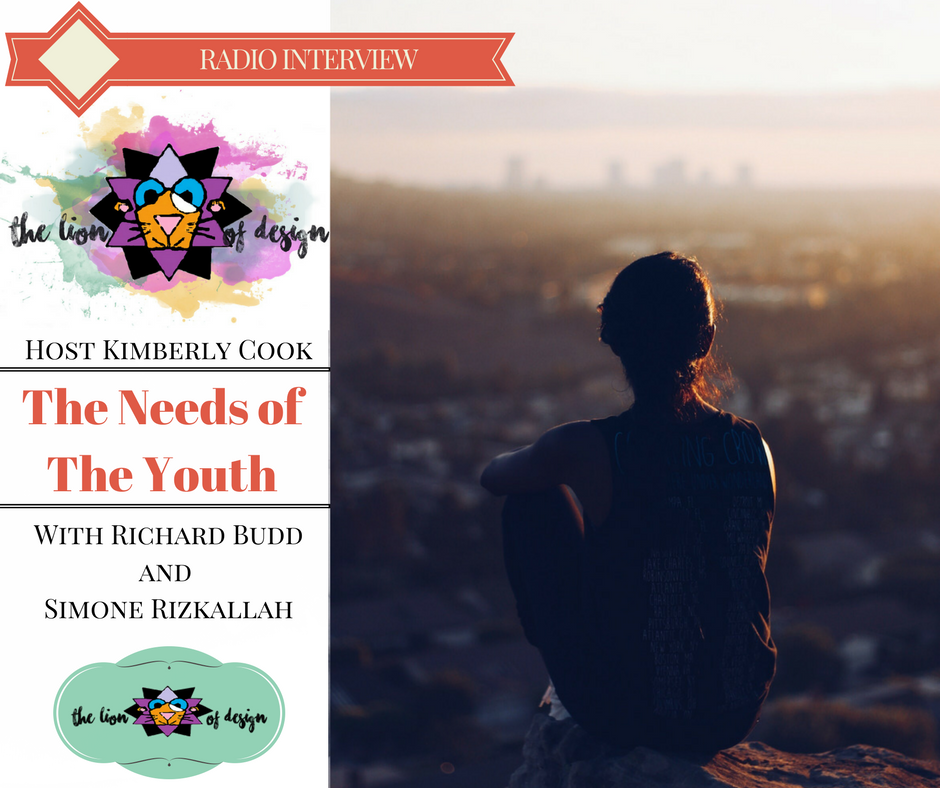Addressing the Needs of the Youth
Recently I invited guests Richard Budd (Masters of Theological Studies in Marriage and Family, Candidate for Masters in Biblical and Moral Theology) and Simone Rizkallah (Master of Arts in Theological Studies) to join me on a podcast. Both have worked extensively with youth in crisis in our culture. Together we explore how authentic relationships are becoming extremely rare, being replaced by superficial relationships, heavily dependent on social media. We explore the simple tools to changing a culture suffering from great loneliness and a need for love. “Relationship is intentional,” says Budd during the podcast. We have to remember that for some, their only encounter with God is through your smile that day. A culture is established through the individual. Be intentional.
Rizkallah reminds her students daily that they are made for happiness. “Young people need to know that they belong. To be affirmed that they are good and made for happiness.” People want happiness, and we as Christians can propose it. “Notice one person who needs the gaze of Christ,” Rizkallah encourages the listener. “Pray to see the face of Christ every day. I need to be looked at by God in order to look at others.”
How can we take this message and institute it in our own lives? How can I be intentional upon each meeting I have with another person?
It seems I must first make it a priority to “truly” encounter the person before me. What does that look like? Well, to see the other person as a child of God, and to communicate that to them in a genuine way – eye contact, a kind word, or even just through a smile.
Mother Teresa is famous for her teaching on the power of a smile in sharing the gift of God’s love, saying “Every time you smile at someone, it is an action of love, a gift to that person, a beautiful thing.” Celebrated as a saint, her tireless love on earth benefited the poor in spirit as much as those in physical poverty. She said, “Let no one ever come to you without leaving better and happier. Be the living expression of God’s kindness: kindness in your face, kindness in your eyes, kindness in your smile.”
In the 1970’s a young man ended his life by jumping off the Golden Gate Bridge, leaving a suicide note that said: “I’m going to walk to the bridge. If one person smiles at me on the way, I will not jump.” Sadly, he didn’t have that encounter, and jumped to his death.
Another man named Don Richie and his wife know a thing or two about being that smile that stops a person from jumping to their death. The Richies live across from a cliff in Australia known as “The Gap,” which is sadly Australia’s most famous suicide spot. “The Gap” claims at least one life a week, but thanks to Don, at least 160 people who have stared at their own potential death from the top of that bridge, have changed their mind.
When asking the Richies the secret to their strange 50 year ministry of stopping jumpers, Don said that he just gives the jumper a warm smile, asks if they’d like to talk, and invites them back to his house for tea. It’s that intentional personal connection with another human being who cares that really matters. Sometimes they join him and those are the moments toward healing. “I’m offering them an alternative, really. I always act in a friendly manner. I smile,” says Don.
A smile sounds so simple and benign, but many of us can remember a time when we have been stopped in our tracks by an unexpected smile, gesture, or act of kindness. I remember visiting the college campus that would eventually become my Alma Mater. There I had a unique experience of recognizing my place in the chaos of the world through the smiles of every person I encountered. Again and again I was greeted with eye contact and genuine smiles. For some reason it was so profoundly unique from what I had become accustomed that I was moved to reflect deeply on why they had taken such notice of my existence. In the end, I knew that it was good!
Kimberly Cook
Writer, Podcaster, Mother, & Catholic Apologist. Meet Kimberly



